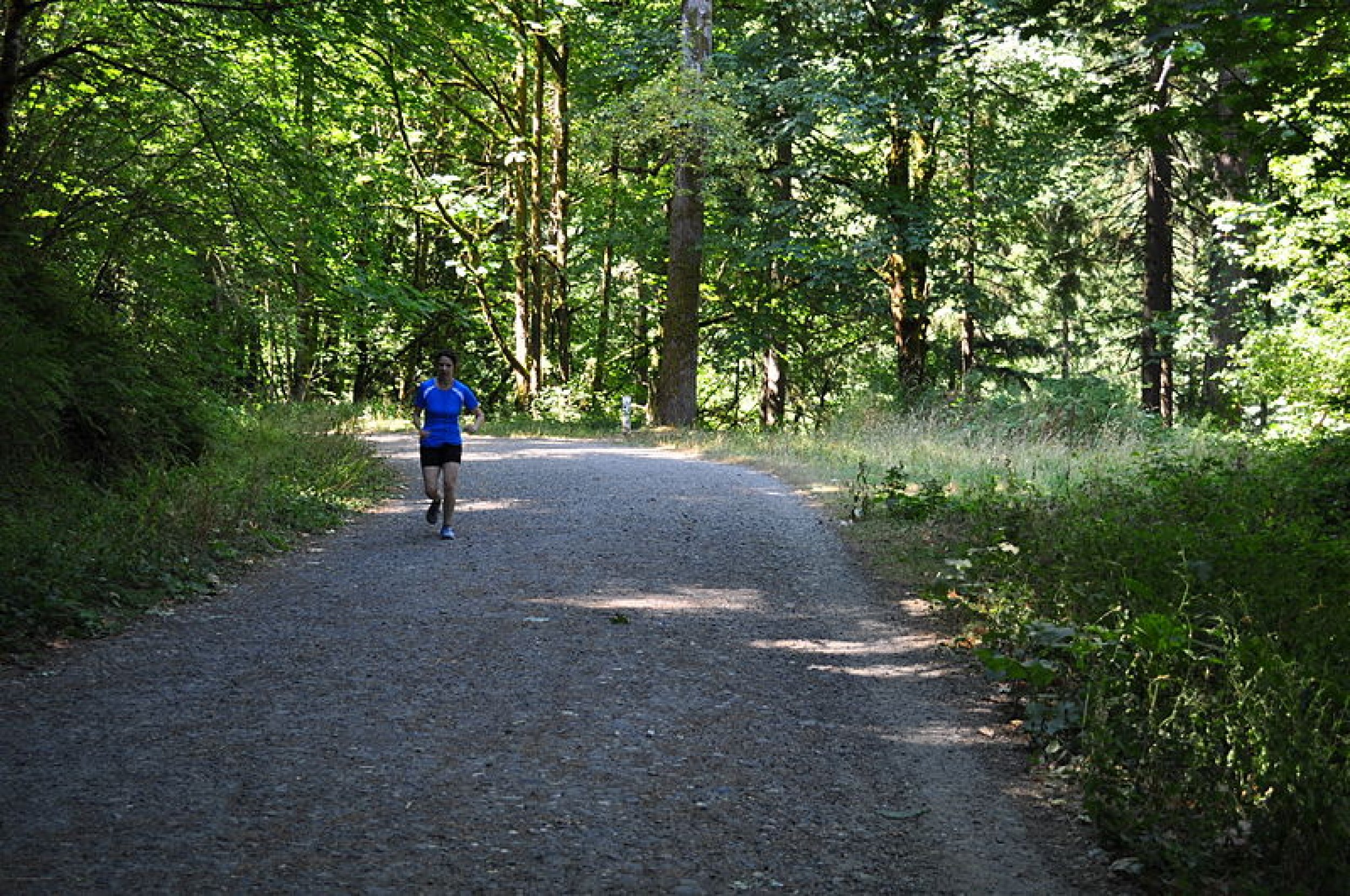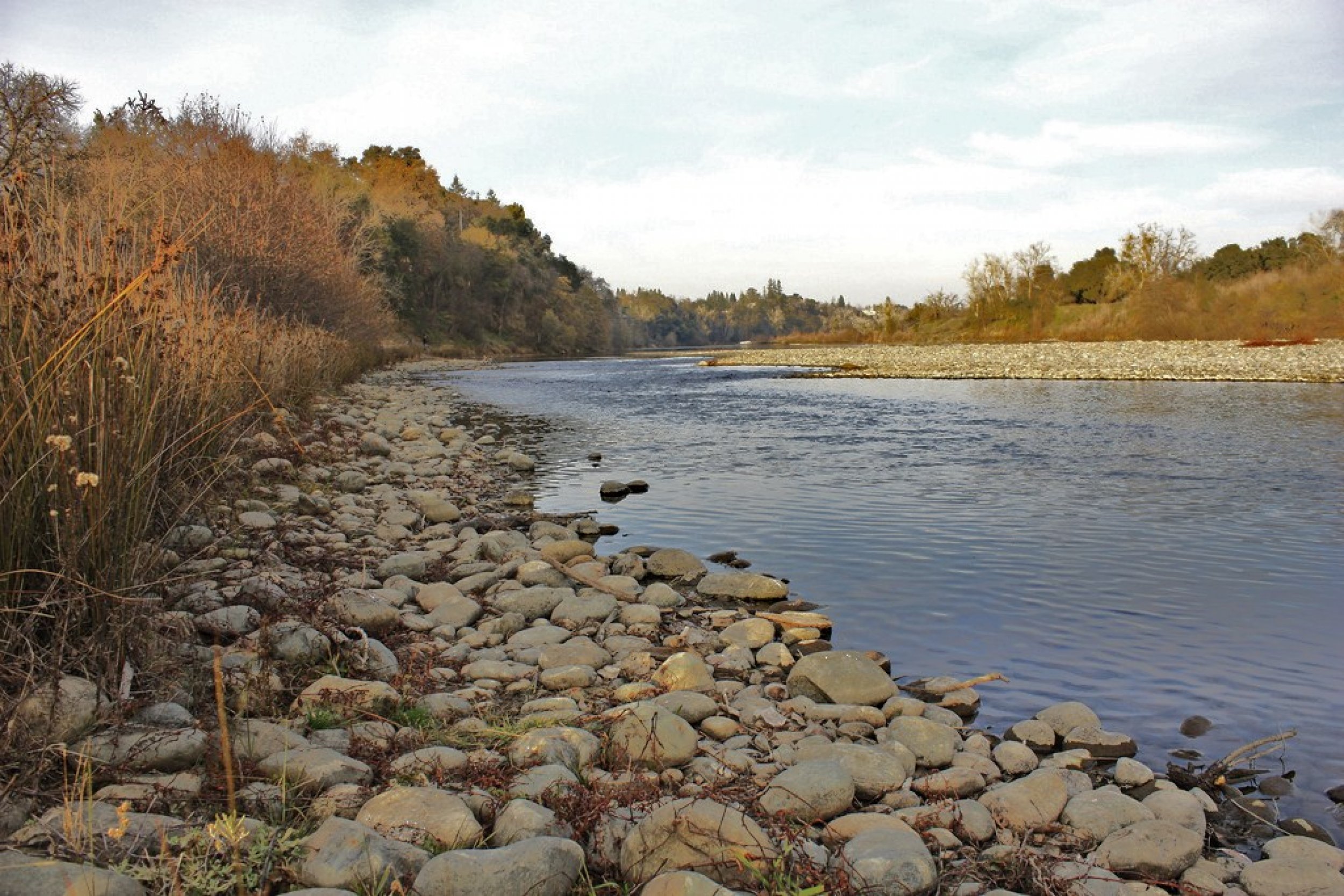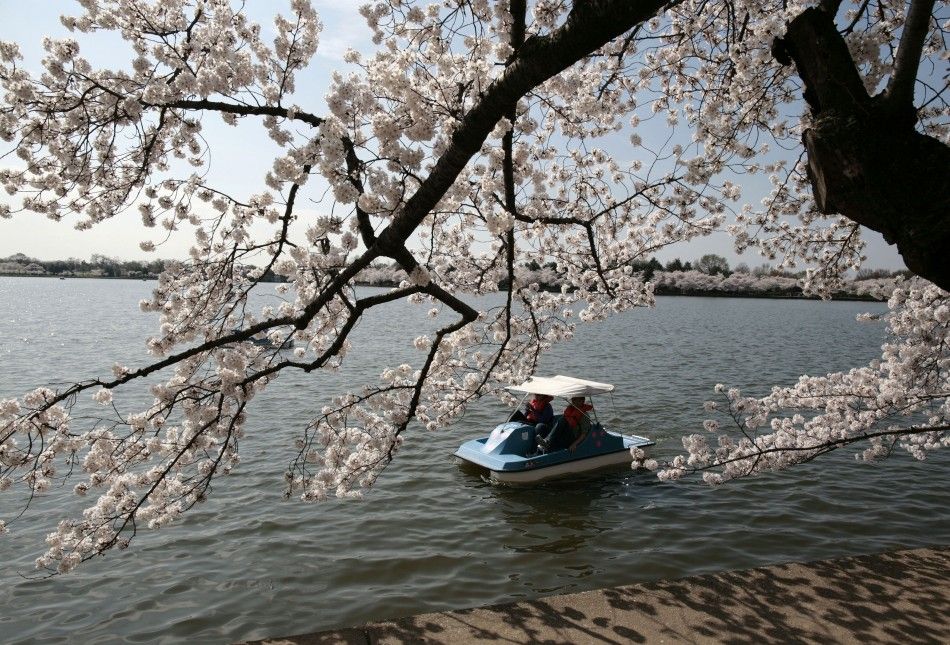Which US Cities Have The Best ‘Urban Forests’?
When it comes to making a commitment to green spaces, one conservation organization’s new study finds that some of America’s cities are doing a much better job than others.
Washington-based American Forests released a list of the 10 best cities for “urban forests” on Tuesday, looking at which urban centers are working the hardest to improve their green infrastructure.
The nonprofit defines urban forests as “ecosystems of trees and other vegetation in and around communities that may consist of street and yard trees, vegetation within parks and along public rights of way, and water systems.” It believes these places provide communities with environmental, economic and social benefits, as well as necessary habitats for fish and wildlife.
“As communities across the country manage more and more for the impact of climate change and other critical environmental and social challenges, their urban forests become even more important to the health of their city,” said Scott Steen, American Forests' CEO. “Whether it is achieving cleaner air and water, managing storm water, reducing energy usage or stemming erosion, no two cities have worked exactly the same way to achieve their place on our top 10 list, but they each serve as a role model for others.”
American Forests worked with a panel of experts from a broad range of urban resources and scientific disciplines to identify the best performers out of the United States’ 50 most populous cities. Funded by the U.S. Forest Service, the teams looked at the degree of civic engagement, management practices, accessibility to the public, overall health, and the development and implementation of green spaces in each location.
Dr. Kathleen Wolf, a research social scientist at the University of Washington and member of the judging panel, said, “Research shows that the social, psychological and economic benefits of urban forests are substantial.
“A quality urban forest improves quality of life in ways that go well beyond the benefits that are more often cited: carbon reduction, clean water and storm water filtration.”
Urban forests also, the study says, increase property value, reduce energy costs and lower medical bills by improving human health.
With more than 80 percent of Americans now living in cities and towns, American Forests believes these urban havens are more important than ever.
Scroll through the slideshow above for a look at the 10 cities the organization believes are models that other cities should emulate.










© Copyright IBTimes 2024. All rights reserved.






















